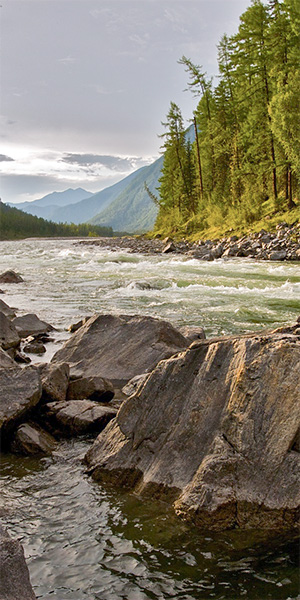Earth Science 11
View the complete Learning Outcomes for this course: Earth Science 11 & Geology 12 Integrated Resource Packages (Earth Science 11 Learning Outcomes begin on page 16)
Earth Science 11 is an introduction to the diverse aspects of earth and space science. Earth Science is an applied science course that introduces geology and other Earth sciences—ecology, oceanography, atmospheric science, and astronomy—with an emphasis on relevance to British Columbia and each student’s region and interests
If you like learning about our planet, this course will be an interesting way to obtain Grade 11 science-course credit toward graduation. If you are considering an earth science as an academic field, career, or a vocation, this course will also give you the basis for an informed decision.
The British Columbia curriculum for Earth Science 11 (ESC11) is built around Five Big Ideas:
- Earth Within The Solar System
- Plate Tectonic Theory
- Earth Materials
- Oceanography And The Hydrosphere
- Atmospheric Science And Climate
These Big Ideas are organized around 8 units of study within 3 Modules as outline here:
First Assignment – an introduction to Earth Science Concepts
Module 1 – Earth Within the Solar System
- Introduction – Scientific Math Review
- Unit 1: Introduction to Astronomy, Stars and Galaxies
- Unit 2: Bodies of the Solar System
- Unit 3: Earth, Sun and Moon as a System
Module 2 – Earth’s Processes and Resources
- Unit 4: Plate Tectonics and Internal Processes of the Earth
- Unit 5: Surface Processes (Weathering and Erosion)
- Unit 6: Minerals, Rocks and the Rock Cycles
Module 3 – Oceanography and Atmospheric Sciences
- Unit 7 – Oceanography
- Unit 8 – Atmospheric Sciences
Assessment
- Learning Guides 35%
- Unit Projects 35%
- 3 Module Tests 30%
Module Tests are all online and must be supervised by an approved test supervisor.

